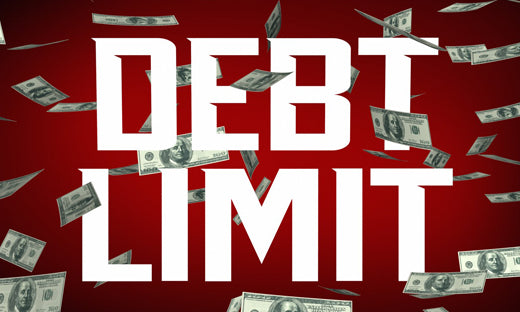The labor market may still be tight, as indicated by the surprisingly strong September jobs report, but otherwise there are growing clouds hanging over the economy, an indication that financial assets, particularly stocks, remain highly vulnerable and that safety-seeking investors may wish to shelter from the impending storm by putting funds into gold.
The heaviest cloud is that of interest rates, which have skyrocketed, not merely as a function of the Federal Reserve raising short-term rates, but also the bond market driving rates up across the yield curve to the highest levels since the 2007-2008 financial crisis. Though interest rate changes impact the economy with a lag, eventually significant jumps in rates act as a brake on the economy and can easily push it into recession.
The housing market has already slowed to a crawl, with 30-year mortgages averaging nearly 8 percent. Consumer spending will likely slowing down as well due to a number of factors: borrowing of all sorts has gotten expensive; student loan repayments, forecast to be more than $7 billion a month, have resumed after the federal government paused payments for more than three years due to the pandemic; and inflation, though down substantially, is still taking a bite out of paychecks. That is, if you have a paycheck. The United Auto Workers is striking against the big three automakers, and more than 75,000 healthcare workers across the country are picketing Kaiser Permanente.
The official determination of a recession is made by the National Bureau of Economic Research (NBER) which typically does not make a call until after an economic downturn is already underway. Bloomberg Economics, though, has constructed a model that mimics the Bureau’s methodology and it indicates the odds are that the NEBR will announce in 2024 that a recession started in the final months of 2023.
Real Time Precious Metals Data Below







